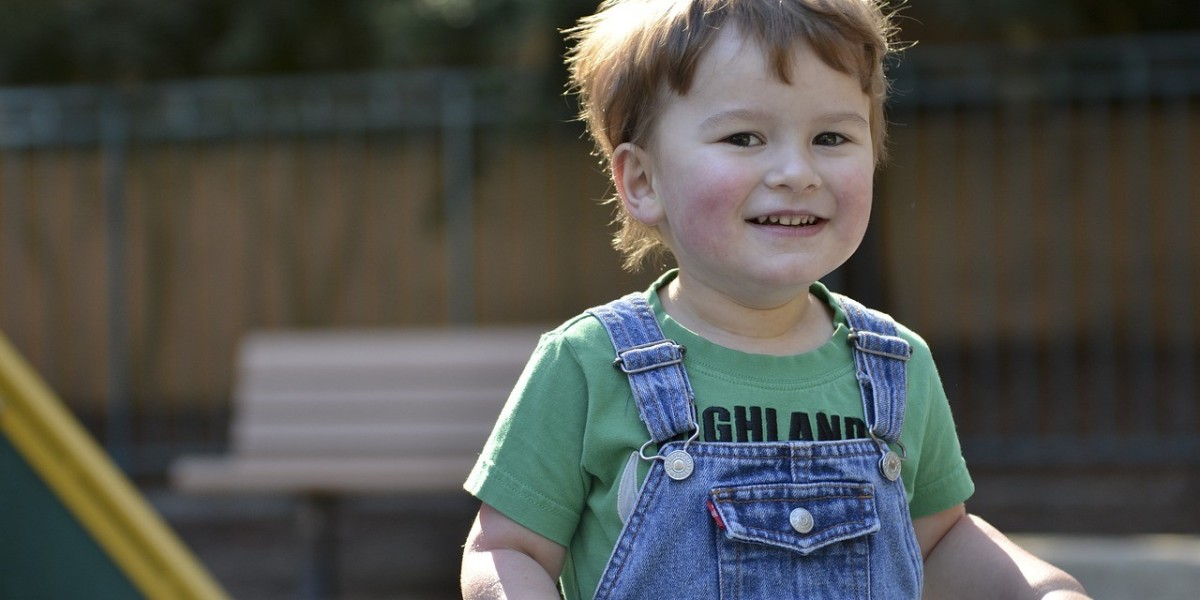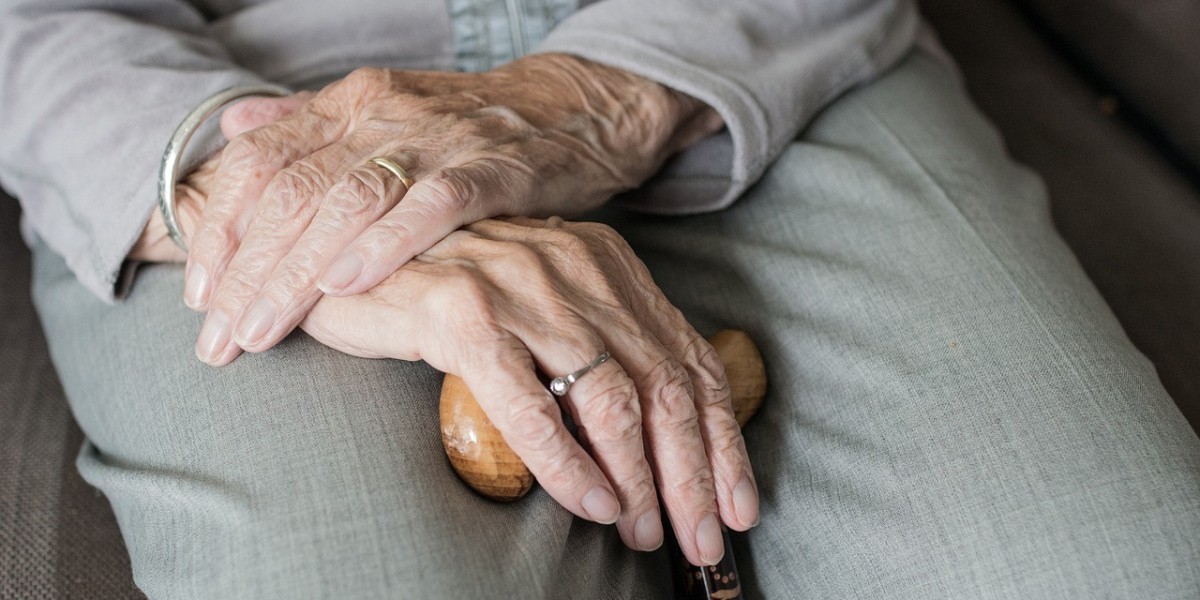When a loved one is diagnosed with dementia, it can be an overwhelming and emotional experience. You may feel unsure about what lies ahead, how to provide the best care, or how to connect with them as their needs change. Understanding the progression of dementia, often categorised into 7 stages, can help you navigate this journey with empathy and preparation.
At We Talk Care, we know that dementia affects not just individuals but entire families. This guide offers an overview of the stages of dementia, practical tips, and encouragement to seek support when needed.
The 7 Stages of Dementia
No Cognitive Decline (Stage 1)
At this stage, there are no noticeable symptoms, and the individual functions as they always have. It’s only through brain imaging or advanced testing that early signs may appear.
Tip: Focus on regular health check-ups and encourage activities that promote brain health, like puzzles or learning new skills.
Very Mild Cognitive Decline (Stage 2)
This stage may include minor memory lapses, such as forgetting names or where items are placed, but it’s easy to dismiss these as normal ageing.
Tip: Be patient and supportive, understanding that occasional forgetfulness might signal the start of something deeper.
Mild Cognitive Decline (Stage 3)
Memory lapses become more noticeable, especially with names, appointments, or recent conversations. The individual may begin to feel anxious or frustrated by their forgetfulness.
Tip: Help establish routines, use reminders or calendars, and reassure your loved one without emphasising their mistakes.
Moderate Cognitive Decline (Stage 4)
At this stage, your loved one may struggle with planning, managing finances, or remembering personal history. They might withdraw socially or show changes in mood.
Tip: Offer gentle assistance with day-to-day tasks, and create a calm, structured environment to reduce anxiety.
Moderately Severe Cognitive Decline (Stage 5)
Significant memory gaps appear, such as forgetting their address or phone number. They may require help with daily activities like dressing or meal preparation.
Tip: Approach care with empathy and patience. Encourage independence when possible but step in when needed.
Severe Cognitive Decline (Stage 6)
This stage often involves major personality changes, confusion about time and place, and a need for significant assistance with daily activities. Emotional outbursts or withdrawal may also occur.
Tip: Focus on maintaining a loving and understanding approach. Use familiar music, photos, or activities to create moments of connection.
Very Severe Cognitive Decline (Stage 7)
In the final stage, your loved one may lose the ability to communicate, recognise loved ones, or move without assistance. Full-time care is usually required.
Tip: Ensure they are comfortable and surrounded by familiar, soothing elements. Cherish the moments of connection, even if they are fleeting.
Supporting Your Loved One—and Yourself
Dementia is a journey that requires patience, compassion, and a strong support system. It’s okay to feel overwhelmed or unsure at times. What matters most is showing your loved one that they are cared for and valued, no matter what stage they are in.
You’re Not Alone—Join Our Community
At We Talk Care, we believe in the power of community. Our online platform is a safe, welcoming space where friends, family members, and carers can share their experiences, ask questions, and find encouragement from those who truly understand the challenges of dementia care.
Join us today for support, understanding, and practical advice. Together, we can navigate this journey with love and strength.








